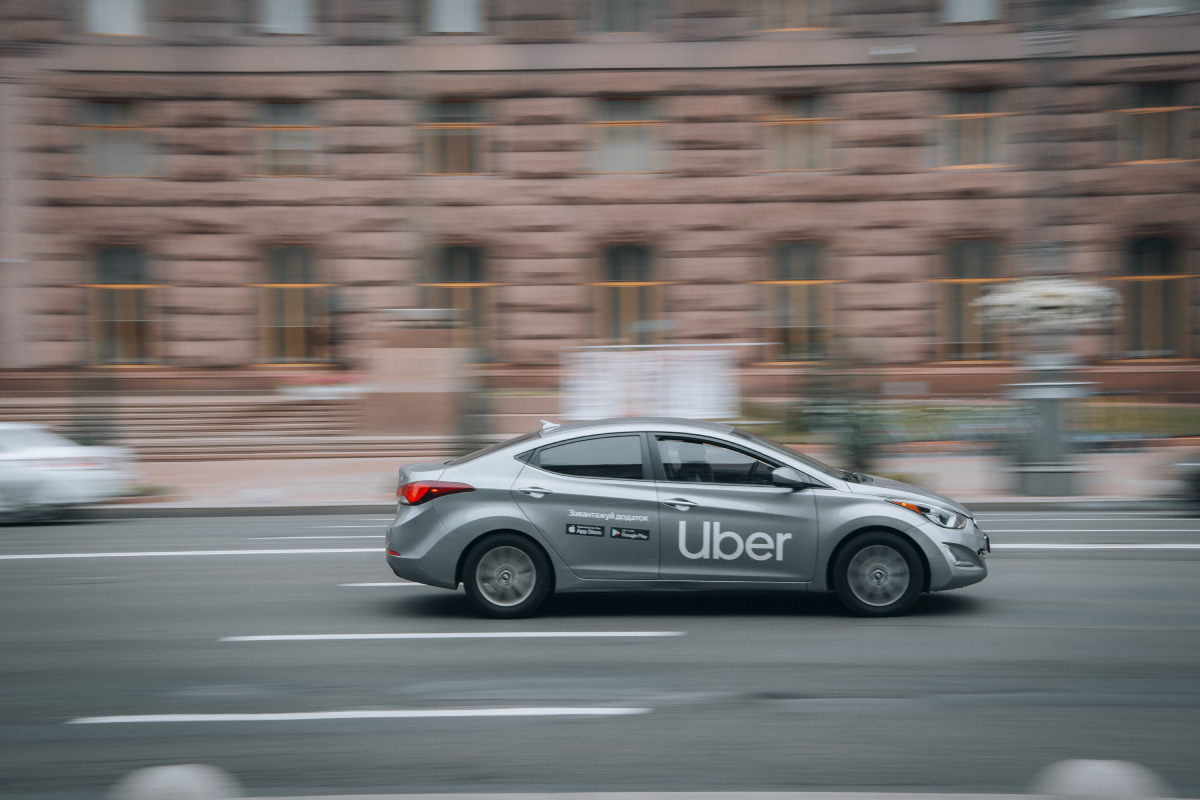
Uber Technologies (UBER) has emerged as one of Wall Street’s most notable comeback stories, riding strong revenue growth and achieving full-year profitability. However, its next major catalyst may come not from internal performance, but from its partnership with Waymo.
As reported by Investors Observer, Google-parent Alphabet is rapidly expanding its presence in the robotaxi market, with Waymo increasing its paid trips tenfold in California alone.
What’s less widely known is that Waymo’s ride-hailing services operate in partnership with Uber.
According to Morgan Stanley, Waymo is projected to become a billion-dollar business within two years, with revenue expected to reach $1.79 billion by 2029. That represents an 18-fold increase from 2024, as noted by strategist Charlie Bilello.
While this growth could significantly boost Alphabet’s stock, Uber also stands to gain, given its integral role in delivering Waymo’s autonomous ride-hailing services.
There has been ongoing debate over whether autonomous vehicles will ultimately help or hurt Uber, especially with Tesla aiming to dominate the space. However, Uber CEO Dara Khosrowshahi is confident they’ll be a major advantage for the company.
“Uber can deliver the lowest operational costs for our [autonomous vehicle] partners because we are leaps and bounds ahead on every aspect of the go-to-market capabilities,” he said.
Beyond Waymo, Uber has partnered with several other robotaxi companies, including Pony.ai, WeRide, and Motional.
The growing momentum in autonomous vehicles, Uber’s strong positioning in artificial intelligence, and its continued dominance in the ride-hailing market all point to a company well-positioned for sustained growth.
Uber stock’s remarkable turnaround
Uber shares hit new all-time highs this month, closing at a record $96.40 and pushing the company’s market capitalization above $200 billion. The stock is up an impressive 51% year-to-date, significantly outperforming the broader market.
According to Bloomberg Second Measure data, Uber continues to dominate the U.S. ride-hailing space, holding a commanding 76% market share as of 2024.
Strong first-quarter earnings further underscore its leadership. Gross bookings rose 14% year-over-year, driving revenue to $11.5 billion. Net income from operations jumped to $1.2 billion, while total trips increased 18% to 3 billion.
The company said that the net income attributed to Uber was $1.8 billion.
Uber reported a strong balance sheet, with cash and short-term investments valued at $6 billion at the end of the second quarter.
Though not traditionally viewed as an AI stock, Uber leverages artificial intelligence to optimize routing and serve targeted ads, positioning it as a compelling play for investors seeking exposure to AI-adjacent opportunities.
Your email address will not be published. Required fields are markedmarked